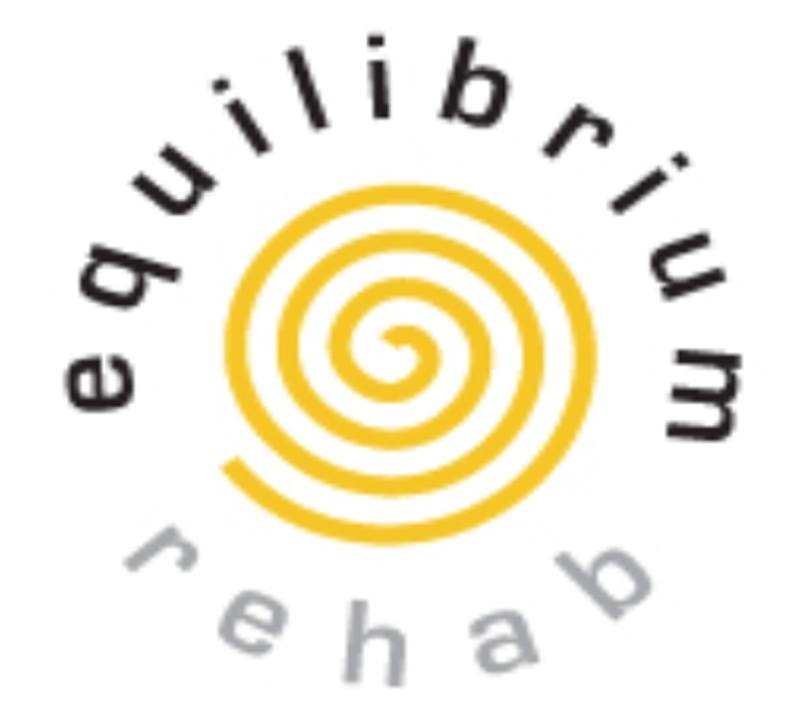Age-Related Dizziness and Imbalance
What happens to the Vestibular System with aging?
Most systems of your body are affected by aging, and the Vestibular system is no different. Specifically, there is a decrease in the number of sensory hair and nerve cells within the inner ear, as well as reduced blood flow to these areas. There is also some loss of the number if nerves cells within the brain that deal with vestibular information. These changes begin in your 40’s and can result in a gradual onset of dizziness or imbalance. They often occur in combination with changes in other systems in the body that are also important for your balance, including vision and proprioception (the ability to sense where your body is). In addition other problems such as pain in muscles and joints, or muscle weakness can contribute to balance problems. This can lead to a significant increase in your risk of falling and resultant injury
What is the risk of falls?
Falls are Australia’s largest contributor to hospitalised injuries, and The World Health Organisation states that falls are the second leading cause of unintentional injury deaths worldwide. There is a relationship between increased age and increased risk of falling, and with bone conditions such as osteoporosis this can result in injuries such as fractures
What can I do to improve my balance and other symptoms?
Though some changes in the body’s systems is normal with aging, you should not accept this as a reason not to improve your physical function. Dizziness, imbalance and falls are not just a normal part of aging, and it is possible to live life to the fullest no matter your age.
At Equilibrium Rehab we can help identify where your balance problems are coming from and provide targeted treatments to improve your dizziness and imbalance, thereby decreasing the risk of falls and returning you to full function so you can get back to life
